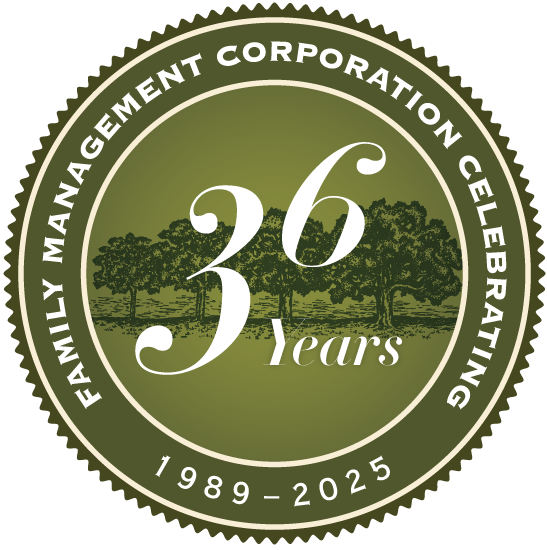The Middleman
Who will get hurt if America falls off the fiscal cliff? We’re going to find out if the Bush-era tax cuts expire and nothing is done to replace approximately $1.2 trillion that comes out of the economy.
The rich will pay more taxes (yawn if you’d like), the poor will continue to get subsidies (resent it if you’d like), and the guy in the middle… well, he will take it on the chin as always. The middleman will watch his taxes and cost of living rise, and unfortunately his retirement assets, although growing, will be taxed at the same higher rate as his wages.
In a Wall Street Journal review titled “Guidebooks to the City of the Future”, one of the interesting observations made is that “cities around the world are converging toward a single model: more bicycles and fewer poor people.”
“The economic malaise we are experiencing in America could be cured,” reports The Wall Street Journal. We need education and training for jobs that ARE available. My friends in the staffing business tell me there are plenty of jobs available—what there aren’t however, are qualified persons to fill those jobs!
In any event, chronic unemployment is likely to persist for some time. This is unfortunate, but a by-product of a civilization moving from industrial to the information age.
With American corporations so flush with cash, we need investment tax credits and accelerated depreciation to get corporations to make capital investments, and to spend money on education, as Microsoft has begun to do. If corporations use these excess funds to acquire other businesses as opposed to making investments, corporate profits may increase, but more unemployment will result—just the opposite effect that is needed on a social level. Clearly, this is an example of how government can “direct social policy” via a capitalistic mechanism. Do they not get it?
One of the scariest statistics about U.S. Government debt is that roughly 59% of it is due within 3 years! How problematic would it be if interest rates were to soar just as we need to roll our debt?
Incredible as it seems, August cash dividend payments of $34 billion set an all-time monthly record. According to Barron’s however, payout ratios remain very low, with companies distributing less than a third of what they are making; the historical payout rate is 54%.
The U.S. is at risk of losing tax payments from companies incorporating abroad. These companies are doing so to escape what they consider to be onerous taxation. Companies that have already made the move, according to The Wall Street Journal, include Eaton, Ensco International and Rowan, as well as a spin off from Sara Lee called D.E Master Blenders 1753.
Neil Armstrong, an American hero, passed away recently. A quiet and humble man, he was the first person to walk on the moon. He lobbied passionately for increased government spending towards our space program.
It was reported that U.S. households owe less today than when the financial crisis hit four years ago. Nevertheless, household debt is equal to 17.6% of assets, which is higher than the 14.8% that prevailed during the 1990’s. The good news is that household debt service was 10.98%, the lowest since 1994 and much lower than the 2007 peak of 14.08%. Refinancing of homes is a primary factor.
As we enter the fourth quarter, a very slow growing economy prevails. The stock and bond markets can do very well in these environments, though we believe that the stock market as a whole has gotten ahead of itself. Of course, we know all the geopolitical, tax and regulatory issues that continue to gnaw at this market.
Nevertheless money is so cheap, and the Federal Reserve is printing so much money (as are almost all Western nations) that a big selloff seems unlikely unless Iran, China, Congress, or taxes derail the slow growth.
Most importantly, stay well diversified and keep to your objectives.
Some wise men say, “Be faithful in small things because it is in them that your strength lies.”
Please let America return to the small things that we used to do right. Doing right is the most important.
Happy Halloween and enjoy the leaves turning!


